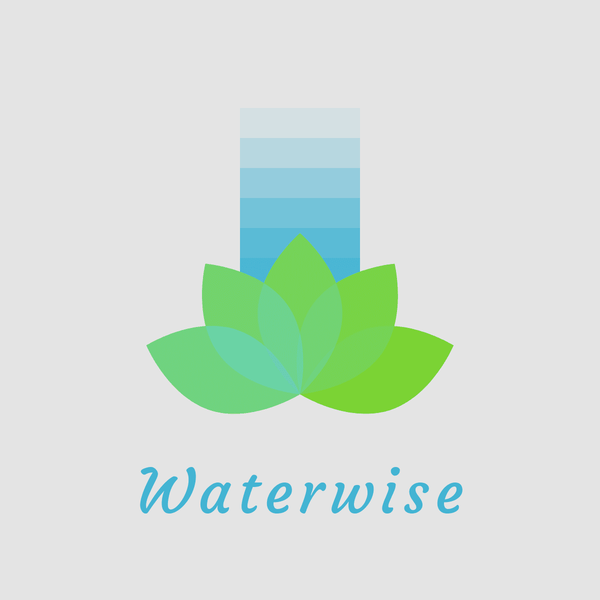In our quest for ensuring the safety and well-being of our children, we often focus on visible threats, such as sharp objects and household chemicals. However, there are subtle yet pervasive elements in our daily lives that may be impacting our children's health: hard water and chlorine. These seemingly innocuous substances, commonly found in our tap water, can have a significant impact on the well-being of our little ones. In this blog, we will delve into the implications of hard water and chlorine exposure, exploring how these elements can affect the health of our children.
Understanding Hard Water:
Hard water is characterized by a high mineral content, primarily calcium and magnesium. While these minerals are not harmful to ingest, prolonged exposure can lead to a variety of issues. One of the most noticeable effects is on the skin. The minerals in hard water can strip the skin of its natural oils, leading to dryness and irritation. For children, whose skin is more delicate and sensitive than adults, this can result in discomfort and even skin conditions such as eczema.
Moreover, hard water can also affect the quality of hair. The minerals can build up on the hair shaft, making it dull and prone to breakage. Children with long hair may be particularly susceptible to these effects, as their hair is still developing and more vulnerable to external influences.
Impact of Chlorine on Children:
Chlorine is commonly used in water treatment plants to disinfect water and make it safe for consumption. While its primary purpose is to eliminate harmful bacteria, chlorine itself can pose health risks, especially for children. The inhalation of chlorine vapors during activities such as bathing or swimming can irritate the respiratory system, leading to symptoms like coughing and wheezing.
Additionally, chlorine exposure can be harsh on the skin and eyes. Children with sensitive skin may experience redness, itching, and even rashes. For those who enjoy swimming, frequent exposure to chlorinated pool water can exacerbate these effects.
Combined Effects:
When hard water and chlorine are present together, their effects on children can be compounded. The minerals in hard water can react with chlorine to form compounds that are even more irritating to the skin and eyes. This combination may increase the risk of skin conditions and respiratory issues in children.
Mitigating the Impact:
To minimize the impact of hard water and chlorine on children, there are several proactive steps parents can take. Installing water softeners can help reduce the mineral content in tap water, providing a gentler alternative for bathing and washing. Using chlorine filters for showers and investing in swim goggles for pool activities can also be effective in preventing direct exposure.
What steps should you take ?
While hard water and chlorine may seem like minor concerns, their impact on children's health should not be underestimated. By understanding the potential risks and taking preventative measures, parents can create a safer environment for their children, promoting overall well-being and ensuring a healthier, more comfortable childhood.
Water First hardwater and chlorine softeners are a must for your residence to protect your young ones from the menace of hardwater and chlorine in your suitable for all the faucets. Explore options online : www.mywaterwise.com
Water First is tested and certified by NSF and WQA

